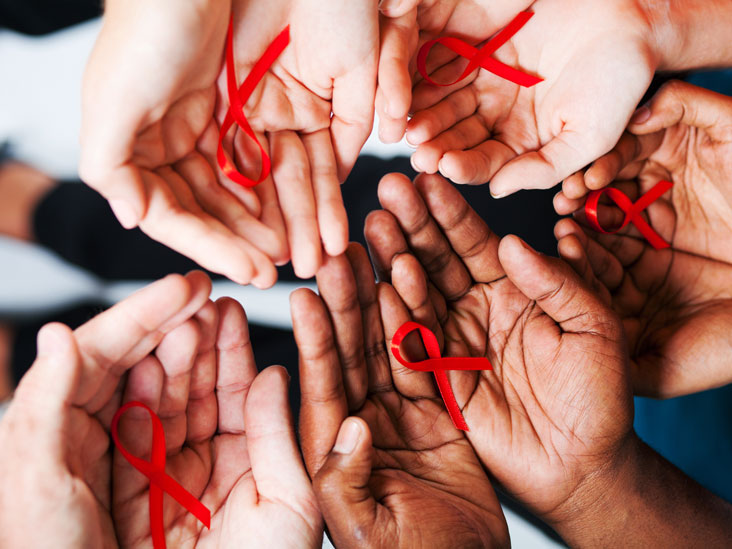
HIV, the human immunodeficiency virus, mainly attacks CD4+ or T cells. Once these cells are destroyed, the immune system cannot fight infection or disease.
Many incarcerated people, including those in state and federal prisons, have HIV infections. This is because they are in high-risk environments.
Support
Court-ordered HIV AIDS education courses are essential because they can provide a platform for healthcare professionals to discuss HIV prevention with patients and their families. In addition, the method can help healthcare providers learn how to screen and educate their clients on how to prevent virus transmission to other people.
A critical aspect of education about sexuality and AIDS is the ability to discuss these issues without feeling embarrassed or uncomfortable. This is why training teachers is a crucial way to overcome these barriers. A study found that teacher training improved the teachers’ knowledge and confidence in discussing HIV/AIDS with students.
Prevention
When you are dealing with an issue like HIV, prevention is critical. You need to understand how to prevent disease transmission, educate people about how to avoid sex with someone who is HIV positive and promote HIV testing and treatment.
Risk reduction counseling and harm reduction strategies can reduce behaviors that lead to a higher risk of HIV infection, including being raped, sharing needles or drugs with someone infected with the virus, and commercial sex work. The proper prevention messages and programs can save lives and reduce the cost of providing HIV care by encouraging people to choose more responsible sexual behavior.
The CDC recommends that every person between the ages of 13 and 64 get tested for HIV at least once as part of routine healthcare. Those with certain risk factors should also be tested quarterly or more frequently.
Treatment
Whether the course is prevention or treatment, healthcare professionals must be well-trained and knowledgeable about HIV and its complexities. This is especially true of non-physician health and human services providers with a wide range of client populations with differing knowledge about HIV and its impact on individuals.
Maintaining an undetectable viral load is one of the most critical factors for effective treatment. Keeping an undetectable viral load requires medication adherence and regular follow-up appointments with your healthcare provider. It is also essential to discuss with your provider any mental health or substance use issues that may affect your ability to maintain ART.
Counseling
To help people learn about HIV and how to avoid infection, counseling can be a valuable addition to prevention courses. Counselors can provide information on how to use condoms correctly and give advice on safer sex practices that will reduce the risk of transmission.
Moreover, counselors can support those recently diagnosed with HIV and their families or partners. Patients often struggle with the initial shock and distress and may need help to adjust to their diagnosis.
If counseling is offered, a healthcare worker must assess the patient’s risk of acquiring HIV and recommend individualized counseling. This can include a discussion of safer sex practices and how to avoid sharing needles.
Counseling can also be offered to inmates tested for HIV. These individuals are at a higher risk of acquiring the disease because they misuse alcohol and drugs. Providing counseling can help them gain access to HIV testing, treatment, and support services.